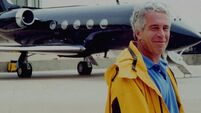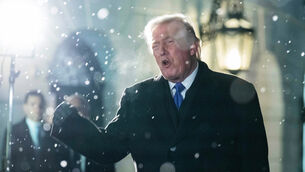Garner takes reconstruction mission to Northern Iraq
The retired American general given the huge task of reconstructing post-war Iraq today visited the country’s northern Kurdish region.
It was Jay Garner’s first visit to the area since he ran Operation Provide Comfort, which co-ordinated humanitarian aid in the wake of the 1991 Gulf War.














